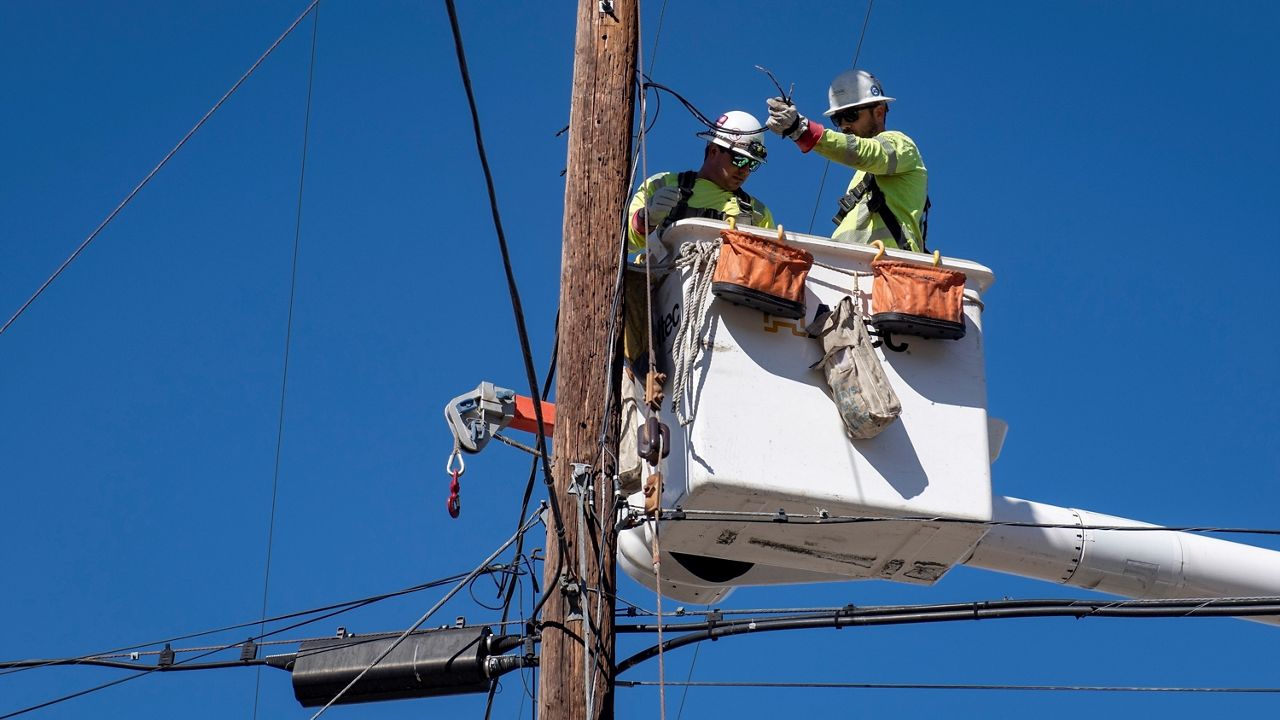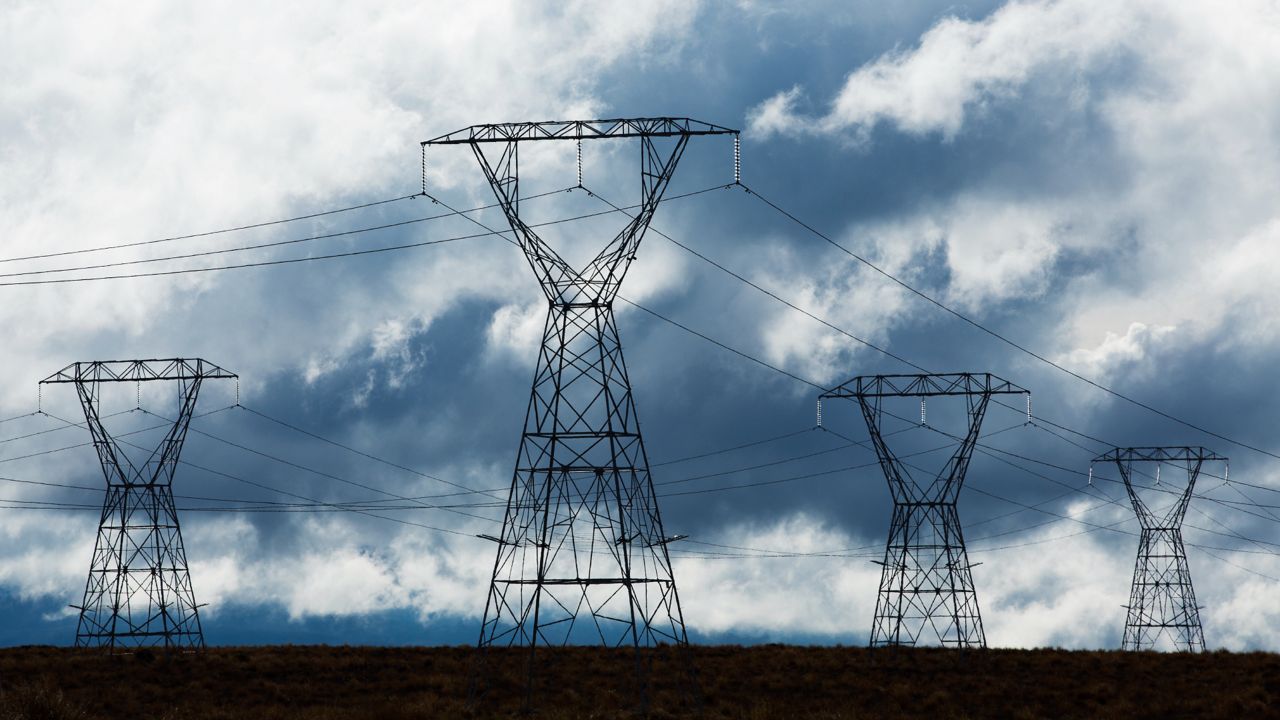MARION COUNTY, Fla. — Laurette Philipsen says conditions were rough throughout her eight and a half years at Lowell Correctional Institute in Marion County, but summers were by far the most dreaded time of year.
- Many of the Lowell prison dorms do not have air conditioning
- Prisoners could be getting personal fans soon
- DOC spokesperson says it could be "prohibitively expensive"
“We would get up at night. Three, four, five times and jump in the shower as cold as we could get it. Anything to try to cool off,” said Philipsen.
She says many of the dorms at Lowell did not have air conditioning.
In fact, of the 59 major correctional institutions in the state, the Florida Department of Corrections says only 18 of them have A/C in most of the housing areas.
“You’ve done something wrong. But you don’t have to be treated like you’re in a third-world country,” said Philipsen.
A spokesperson for the DOC told Bay News 9 in an email that many current FDC facilities were built before air conditioning was commonplace.
Housing units that do not have A/C have fans.
And soon, prisoners could have personal fans, too.
“We’re probably having a record hot summer this year, and I think it is fair and humane to give them fans,” said Denise Rock, executive director of Florida Cares.
She has been working with the secretary of the DOC on this solution.
“We need a fully plastic fan that is battery operated because the Department of Corrections does not have outlets in every cell,” said Rock.
The focus now is on getting the fans shipped in a timely manner.
But still, both Rock and Philipsen say this is a temporary fix, and both say they will continue to fight for legislation that requires Florida prisons to be climate-controlled.
“I said before I left that I would make a difference, and I intend to continue to be a voice until I can’t breathe no more,” said Philipson.
The DOC spokesperson could not put an exact price tag on what it would cost to install A/C in the prisons, saying it would be, “prohibitively expensive.”
The DOC said department staff is trained to avoid and detect heat stroke and heat exhaustion.
They say inmates have multiple sources of potable water throughout the day, and vulnerable populations, such as the sick, mentally ill, and elderly, are housed in air conditioned units.









